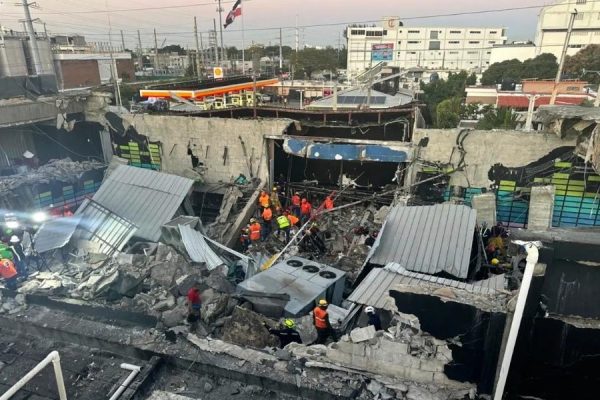WASHINGTON: A federal judge refused to revoke orders preventing President Donald Trump from using wartime powers for quick deportations.
Judge James Boasberg denied the Trump administration’s request to vacate two temporary restraining orders issued earlier this month.
The restraining orders stopped Trump from using the Alien Enemies Act to deport alleged members of a Venezuelan gang.
Boasberg’s ruling deepens the legal battle over whether Trump violated the court’s commands by allowing deportation flights.
His decision highlights concerns about the president’s unprecedented use of wartime authority in a non-wartime situation.
Judge’s Concerns
Boasberg’s ruling emphasizes the complexity of legal issues surrounding Trump’s use of the Alien Enemies Act.
He warned that the case involves foreign policy, national security, and judicial limits on executive power.
The judge criticized the administration for proceeding with deportations “to evade an injunction.”
He noted that the government’s actions on March 15 may have violated the court’s orders.
His 37-page ruling is the most detailed analysis of Trump’s approach to the law so far.
Deportation Flights
The administration allowed two flights to deport alleged gang members despite legal restrictions.
The flights carried members of Tren de Aragua, a Venezuelan gang accused of criminal activities.
Boasberg did not explicitly rule on whether these deportations violated his orders.
However, he indicated that the government ignored judicial authority by continuing the removals.
The controversy has sparked a broader debate over presidential power and immigration enforcement.
Upcoming Appeal
A federal appeals court will review the administration’s request to pause Boasberg’s orders.
The hearing will determine whether Trump can continue using the Alien Enemies Act.
Legal experts say the case could set a precedent for future presidential actions.
The ruling has significant implications for immigration policy and executive authority.
Boasberg’s decision suggests a long legal battle ahead for the administration.
Legal and Political Impact
Trump’s use of the act has drawn criticism for expanding executive powers beyond wartime situations.
Opponents argue that it threatens judicial oversight and due process for immigrants.
Supporters claim it’s necessary to remove dangerous criminals quickly.
The case highlights ongoing tensions between the executive branch and the judiciary.
The final decision may shape the future use of emergency deportation powers.












